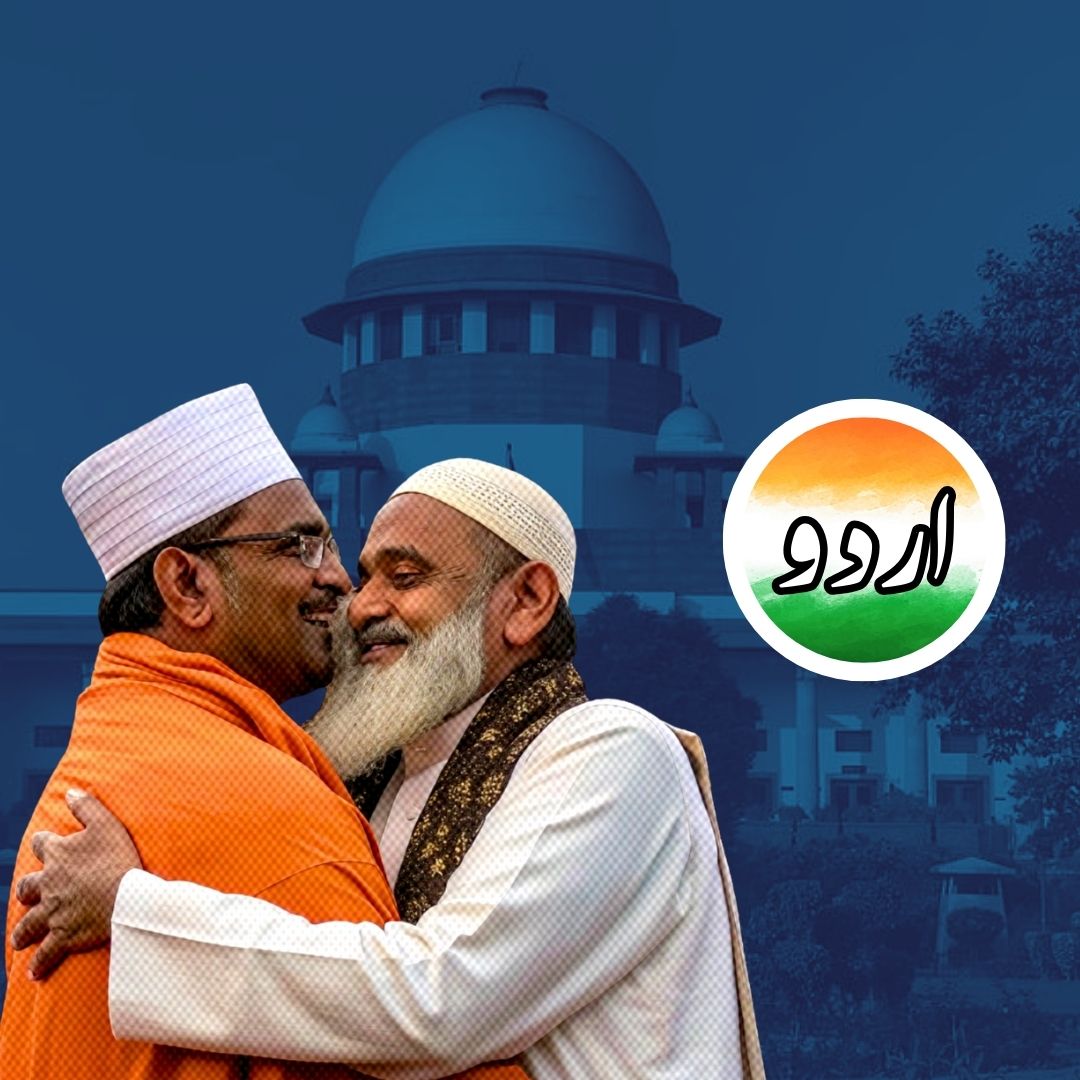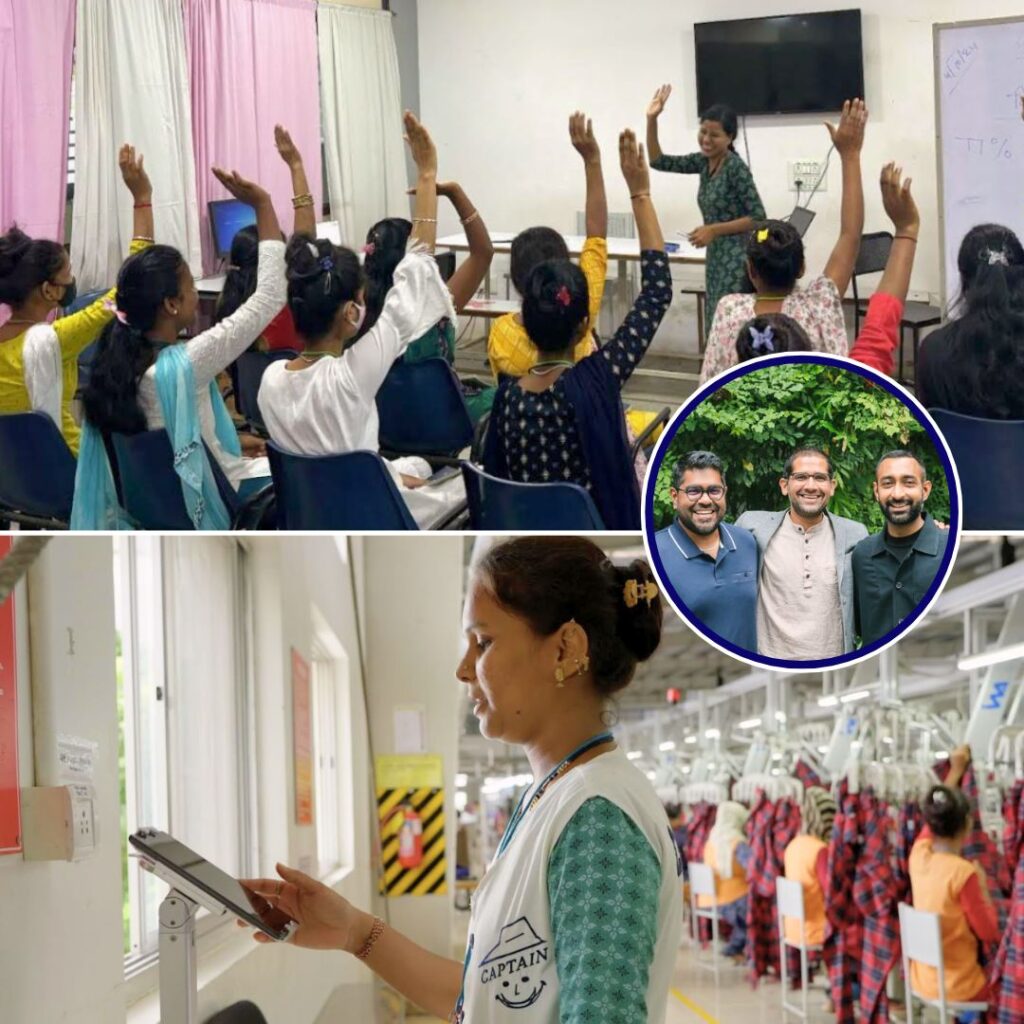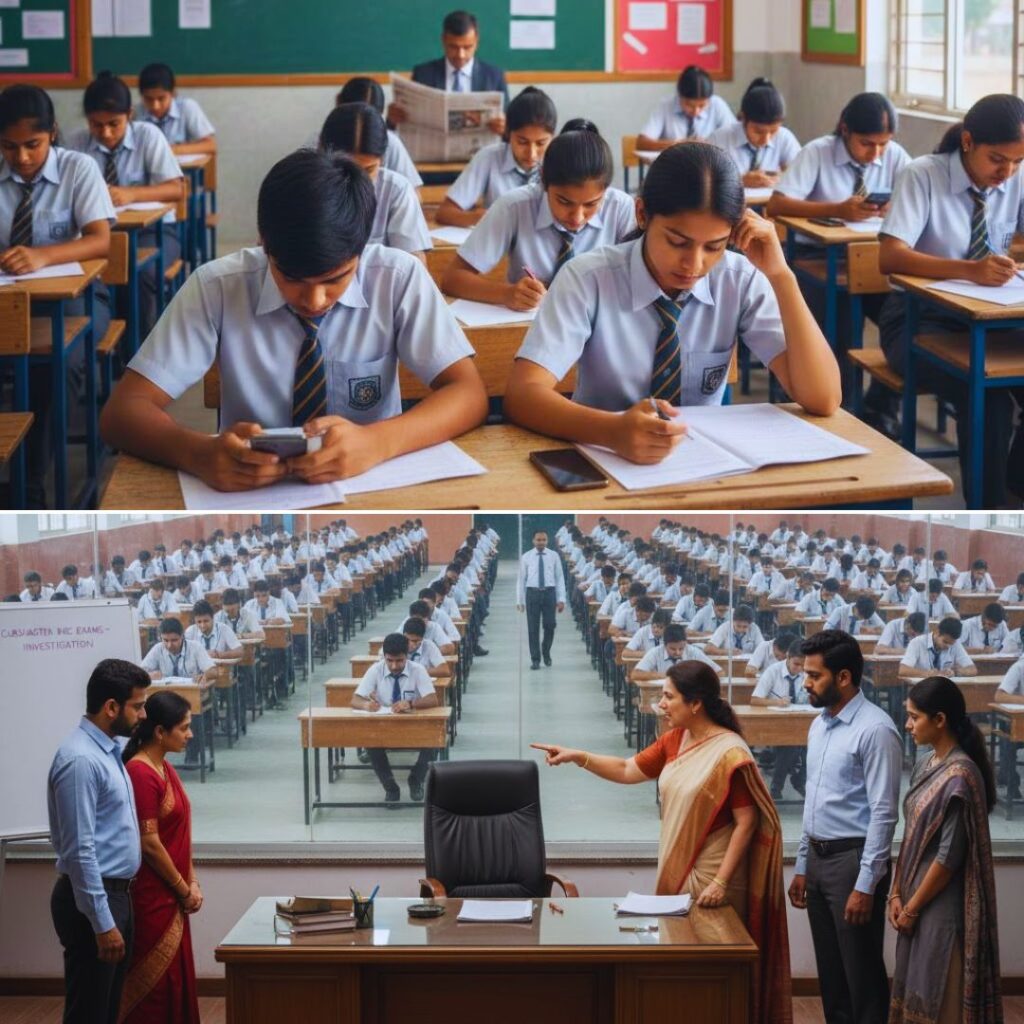The Supreme Court on April 16, 2025, upheld the use of Urdu alongside Marathi on the signboard of Patur Municipal Council in Maharashtra, dismissing a petition by former councillor Varshatai Sanjay Bagade. The bench of Justices Sudhanshu Dhulia and K Vinod Chandran ruled that Urdu, like Marathi, enjoys constitutional status and cannot be excluded from official use.
The court emphasised that language is a means of effective communication, not a religious symbol, and called Urdu “the finest specimen of Ganga-Jamuni tehzeeb.” The plea was rejected at all levels, reaffirming India’s linguistic diversity.
“Language Belongs to People, Not Religions,” Says Supreme Court
The Supreme Court delivered a strong message on linguistic plurality, stating, “Language is not religion. Language does not even represent religion. Language belongs to a community, to a region, to people; and not to a religion.”
The bench further observed, “Urdu is not a foreign language but was born and evolved in the Indian sub-continent,” and described it as “the finest specimen of Ganga-Jamuni tehzeeb, or the Hindustani tehzeeb.” Quoting poet Mouloud Benzadi, the judgment began: “When you learn a language, you don’t just learn to speak and write a new language. You also learn to be open-minded, liberal, tolerant, kind and considerate towards all mankind.”
The court urged, “Let us make friends with Urdu and every language—our tongues need no passports.”
Petitioner’s Plea Rejected at All Levels
Former councillor Varshatai Sanjay Bagade had objected to the use of Urdu, claiming it was impermissible under the Maharashtra Local Authorities (Official Languages) Act, 2022. However, the Municipal Council rejected her plea in 2020, noting that Urdu had been used on signboards since 1956 and was widely understood locally.
The Bombay High Court also dismissed her challenge in 2021, stating, “The use of an additional language to display the name of Municipal Council on its building would not indicate any violation of the provisions of the Act of 2022.” The Supreme Court concurred, noting the plea was based on a flawed understanding of law and language, and clarified that only the Chief Officer of the Municipal Council could raise such objections.
Urdu Holds Constitutional Status and Symbolises Unity
The bench highlighted that Urdu is the sixth most spoken scheduled language in India and a vital part of the nation’s shared cultural fabric.
The court stated, “Our misconceptions, perhaps even our prejudices against a language, have to be courageously and truthfully tested against the reality, which is this great diversity of our nation: our strength can never be our weakness.”
The ruling stressed that the Maharashtra Act does not prohibit the use of additional languages for communication and that linguistic diversity must be respected in public life.
The Logical Indian’s Perspective
At The Logical Indian, we celebrate the Supreme Court’s affirmation that language is a bridge, not a barrier. By recognising the constitutional status of Urdu and its deep roots in Indian culture, the court has set a progressive precedent for linguistic coexistence.
How can we ensure that such inclusive rulings inspire greater respect for all languages in our daily lives?













